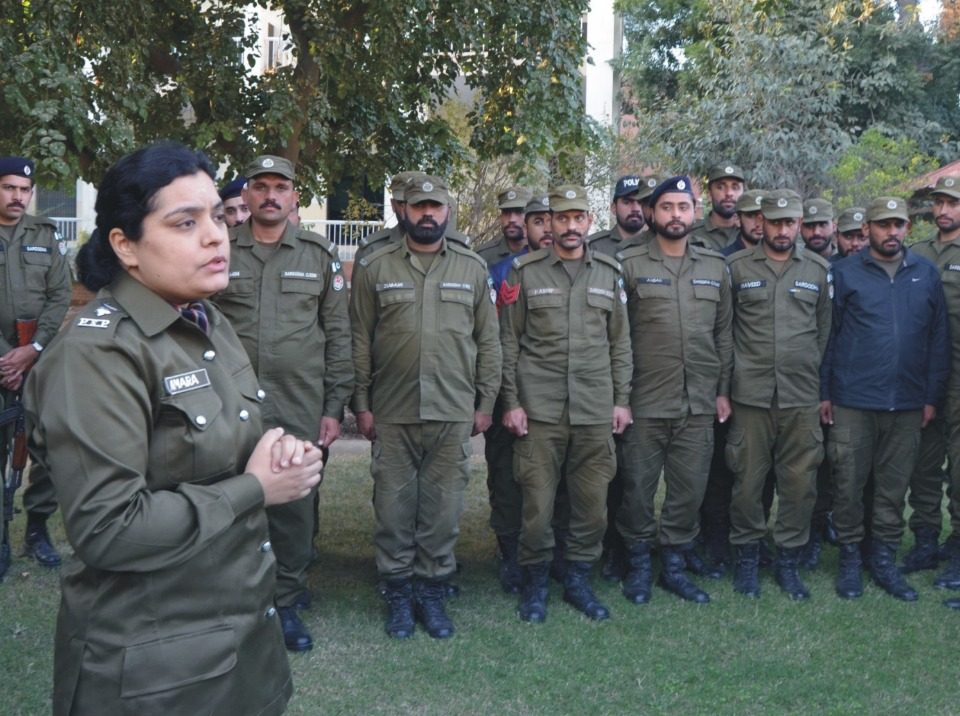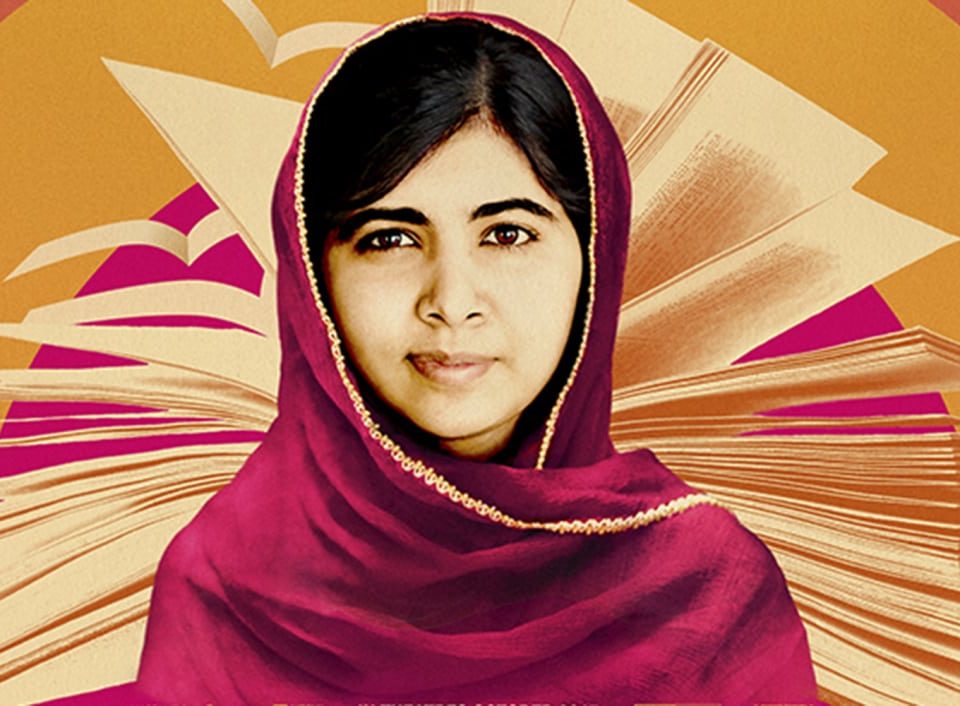Pakistani-American teenager cast as Marvel’s first Muslim hero
Meet Karishma Ali- first-ever woman footballer from Pakistan who made it to Forbes ’30 Under 30′ List
Two female scientists awarded noble prize for work on genome editing
The Nobel Prize in Chemistry was jointly awarded on Wednesday to Emmanuelle Charpentier and Jennifer A. Doudna for their 2012 work on Crispr-Cas9, a method to edit DNA. The announcement marks the first time the award has gone to two women.
Emmanuelle Charpentier and Jennifer A. Doudna developed the Crispr tool, which can change the DNA of animals, plants and microorganisms with high precision.
They are only the sixth and seventh women in history to win a chemistry prize.
“I’m over the moon, I’m in shock,” Dr. Doudna, a professor at the University of California, Berkeley, said at a news conference on Wednesday.
“I was very emotional, I have to say,” Charpentier, 51, told reporters by phone from Berlin after hearing of the award.
Asked about the fact that it was the first time that two women have won the chemistry Nobel together, Charpentier said that while she considered herself first and foremost a scientist, she hoped it would encourage others.
“I wish that this will provide a positive message to young girls who would like to follow the path of science,” she said.
It has been only eight years since Dr. Doudna and Dr. Charpentier, who is now the director of the Max Planck Unit for the Science of Pathogens in Berlin, co-authored their first paper demonstrating the power of Crispr-Cas9.
Since the inception of this discovery, the technology has exploded. Doctors are testing it as a cure for genetic disorders such as sickle cell disease and hereditary blindness. Plant scientists are using it to create new crops. Some researchers are even trying to use Crispr to bring species back from extinction.
“This technology has utterly transformed the way we do research in basic science,” said Dr. Francis Collins, director of the National Institutes of Health. “I am thrilled to see Crispr-Cas getting the recognition we have all been waiting for, and seeing two women being recognized as Nobel Laureates.”
It has already raised serious ethical questions in the scientific community. Most of the world became more aware of CRISPR in 2018, when Chinese scientist Dr. He Jiankui revealed he had helped make the world’s first gene-edited babies, to try to engineer resistance to future infection with the AIDS virus.
His work was denounced worldwide as unsafe human experimentation because of the risk of causing changes that can pass to future generations, and he’s currently in prison.
In September, an international panel of experts issued a report saying it was still too soon to try to make genetically edited babies because the science isn’t advanced enough to ensure safety, but they mapped a pathway for any countries that want to consider it.




